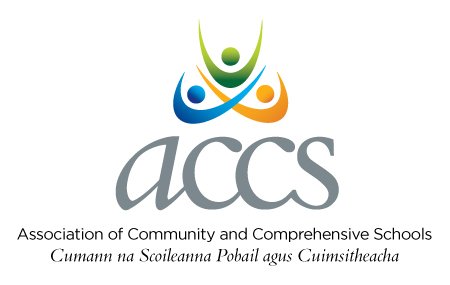Supervision
Last updated: Mon, Jun 22nd, 2015 11:56:08 am
The school's duty of care for pupils must be exercised by all members of staff in the supervision of student activities both formal and informal. The quality of that care should be such as would be provided by a prudent parent. The level of the supervision may vary with the nature of the activity taking place and with the age and maturity of the student. Senior students should be encouraged to exercise initiative, enterprise and independence and to accept some responsibility for their behaviour. The location of the school and its physical environment should be taken into account when determining the level of supervision required.
In the Classroom
The duty of care for students in the classroom is delegated to the classroom teacher but the Principal and the Board of Management retain overall responsibility for ensuring that the environment of the classroom is conducive to effective teaching and learning and for the safety and welfare of students and teachers. It is important to emphasise to teachers their responsibility for:
Being in time for class
Not leaving classes unattended
Not putting students outside the classroom door during class
Ensuring that classroom behaviour is effective and consistent with established school rules
Break-Time
The duty of care which is expected of school authorities includes provision of a safe environment and reasonable precautions to prevent injury or accident to students during break-time. It is advisable that:
Rules of conduct during break-time should be incorporated in the School's Code of Behaviour
A reasonable staff presence should be maintained to ensure compliance with the Code of Behaviour
It is essential that the teaching staff accept their responsibility for supervision, including break-time supervision, within the school and its environs.
Outside of School
Disciplinary situations frequently occur which may be outside of the school grounds or outside of school time. The responsibility for dealing with such situations rests with the parents/guardians/civil authorities, depending on the circumstances. It may be considered important that the school code of behaviour should address the consequences of these situations in so far as they impact on the welfare of the student body in general and on the good name of the school e.g.:
Travelling on school buses
Behaviour of pupils in local areas during breaks
Behaviour of pupils outside school while wearing school uniform
Behaviour of pupils while travelling to and from school
Conflict in school which arises from out of school situations
It is important that the code of behaviour should define both the extent and the limit of the school's authority to deal with these issues. The school's authority should be sufficient to ensure the well-being and safety of all its pupils and to protect the good name of the school. This authority is, however, subject to the jurisdiction of the appropriate civil authorities.
Where a student is alleged to have engaged in serious misbehaviour outside school, when not under the care or responsibility of the school, a judgement would have to be made that there is a clear connection with the school and a demonstrable impact on its work, before the code of behaviour applies. The school authorities may need to get legal advice where the situation is complex. (Developing a Code of Behaviour: NEWB Guidelines for Schools page 55)

